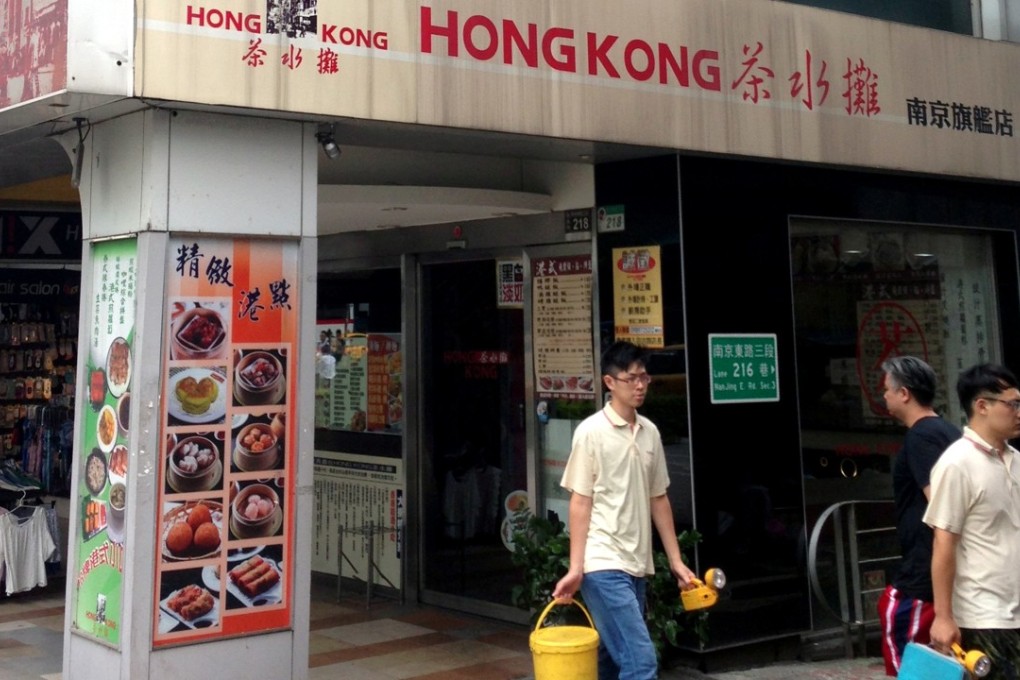Why are so many Hongkongers moving to Taiwan?
A familiar culture with a higher quality of life, lower living costs, and the odd cha chaan teng, what’s not to like about Taipei for Hongkongers? Well, apart from fewer jobs and lower wages ...

The cha chaan teng (tea cafes) started by Michael Lee in 1999 could be carbon copies of those that punctuate street corners in North Point and Mong Kok. Staple foods like century egg and pork congee, pan-fried radish cakes and French toast with thick slabs of butter are dished out around the clock to customers in Art Deco seating areas adorned with posters dripping with nostalgia for Hong Kong, the city after which the chain is named. But one thing is out of place: the cafes are 800km away, in Taipei.
Lee, who is from Hong Kong, attributes the chain’s staying power to its authentic Cantonese style. Refusing to cut corners, he even carried fresh yellow lemons back from Hong Kong after opening his first cafe, rather than use the green ones native to Taiwan. Lee now has three cafes, serving a combined 1,500 customers per day.
Once a year, he returns to Hong Kong to visit family and keep up with the latest trends in Cantonese cooking. After first arriving in Taiwan in 1983, however, he now considers the island his home.
“The first few years I really missed Hong Kong, the food, my friends, everything,” Lee said. “But it’s been long enough now that my heart stays in Taiwan.”
Rola, latest victim of Japan’s murky celebrity industry
Moves like Lee’s are becoming increasingly popular. In the 10 years up to the end of 2016, Taiwan granted permanent residency to 6,652 people from Hong Kong and Macau. One in three of those residencies were granted in the final two years of that period. Visitors from the two Special Administrative Regions have also surged, increasing nearly fourfold from 2006 to more than 1,350,000 in 2015.
